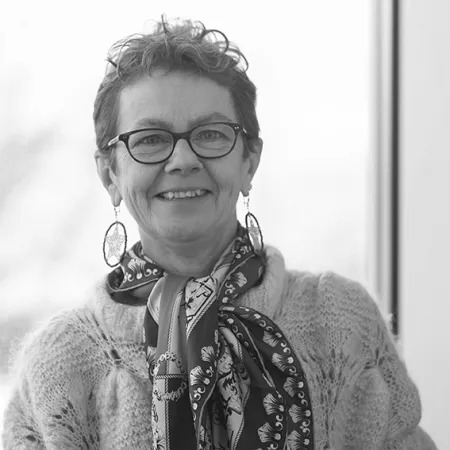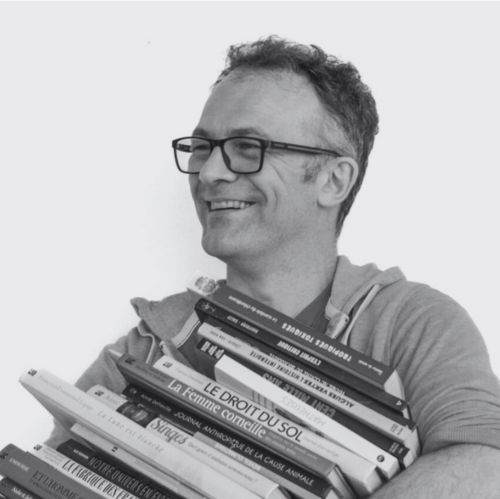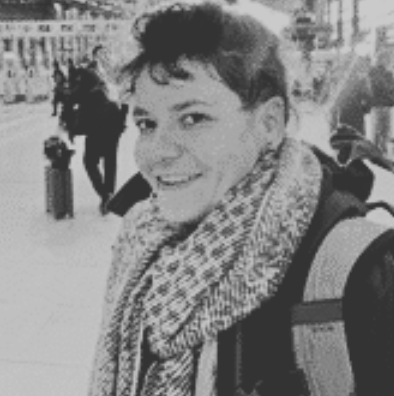Use the drop-down summary to access the articles in the folder.
Terms of republication
You can republish this article for free on your website, blog, etc.
What are the keys to successful participatory research?
Joint perspectives
The EQUIPACT project teams include a “third-party observer”, Lucile Ottolini, a sociologist specialising in participatory action research and public policy evaluation. She explains her role to us, along with the project’s two coordinators, Evelyne Lhoste, a researcher at LISIS, and François Millet, project manager for the “Science and Society” projects at Le Dôme.
What is a third-party observer?
Lucile Ottolini : This role has been present in participatory research for just over ten years. However, despite literature searches with members of the EQUIPACT consortium, we have not found any formalised, consensual practices on this role. So it remains rather vague and ill-defined. However, one aspect stands out from our reading: its normative role, ensuring the proper distribution of resources among the members of a consortium (between associations, companies and institutional laboratories, for example), or respect for ethics within the consortium.
With EQUIPACT, we have moved away from this external framework, which can be overbearing, since I have been involved in several components. Over the months, I came to see my role as that of a facilitator. This involves informal, very human work: understanding the positions of others and facilitating compromise, for example.
François Millet : What is interesting here is that with Lucile and Evelyne, we essentially have a three-way coordination of the project. The three of us are here to direct the flows and energies of our colleagues.
Lucile Ottolini : I conducted interviews with each of the partners to document their previous experiences of participatory research, what had worked and what hadn’t, as well as their expectations of this project. I also helped with the “communication and dissemination of results” component of EQUIPACT and the survey on practices and motivations for participatory research. I did not stay on the sidelines. This experience convinced me of the importance of the role of the third-party observer, and of informal work to make participatory research more fluid. My experience as a psychologist served me more than ever before in my scientific work.
Human interactions are essential in participatory research. How did you cope with thirteen structures involved?
François Millet: We learned to work together. We had to learn, and create a common language in order to move forward. We found ways to overcome these difficulties as we went along. It is essential to understand, for example, that not all the organisations and participants necessarily want to head in the same direction, just as it is important to realise that this difference in objectives does not prevent them from working together. Some of them have been slow to embrace participatory research, and others were already doing it without being aware of it.
Evelyne Lhoste: At the beginning, some actors did not feel legitimate in research activities. We have observed that, as time goes by, a community emerged. Each party recognises the skills and knowledge of the others. Participatory research is not intended to replace academic or industrial research; it is another form of research that deserves to be better known and promoted since, as an innovation analyst. I believe that sustainable innovation needs the participation of civil society, besides other stakeholders such as the State, firms, and academics. A number of scientific studies show that opening up the research system to new stakeholders is necessary to change the nature of the innovations produced, and therefore better consider environmental and societal issues.
Find out more about the project leaders

Evelyne Lhoste
is a sociologist of innovation. She works on intermediation in innovation processes, third places and their role in environmental and social transitions. She coordinates EQUIPACT and its "Experimentation of ASIRPA in real time" component. She is an active member of the ALLISS plateform. She developed a University Diploma programme due be launched at Université Gustave Eiffel in September 2025.

François Millet
is one of the co-founders and head of cultural and participatory research projects at Le Dôme – the Caen Normandy science, an establishment organised as a third place where cultural and scientific mediation with a participatory dimension are given pride of place, with strong roots in popular education, the culture of “doing” and an attentive eye on the educational and collaborative innovations coming out of the digital world.

Lucile Ottolini
is a clinical psychologist with a PhD in sociology. Her work is conducted using action research and participatory research approaches. Recently, she has been working on child protection, third places and community health.
![[Translate to English:] Licence creative commons BY-SA 4.0 [Translate to English:] Licence creative commons BY-SA 4.0](https://reflexscience.univ-gustave-eiffel.fr/fileadmin/ReflexScience/Accueil/Logos/CCbySA.png)